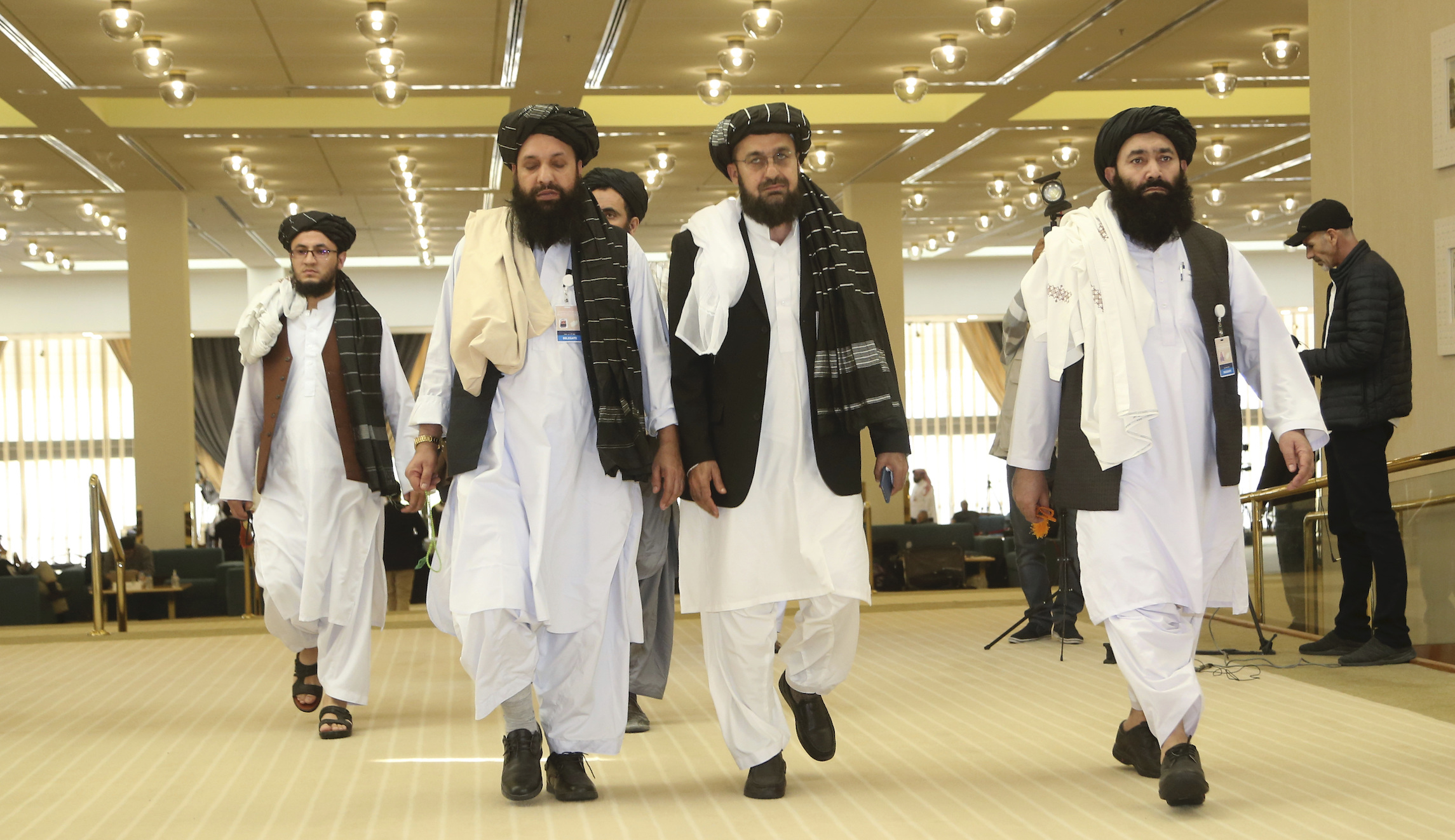A bomb killed three people in eastern Afghanistan as a partial truce came to a close, and the country’s president rejected a key part of a larger peace deal.
The deal, which was signed on Saturday by U.S. special envoy Zalmay Khalilzad and Taliban political chief Mullah Abdul Ghani Baradar, has run into a major obstacle. Freshly reelected Afghan President Ashraf Ghani said Sunday that his government was rejecting part of the U.S.-Taliban pact that calls for the release of 5,000 Islamic militants.
The partial truce, known as a “reduction in violence,” had been in place for a week until the larger deal was signed on Saturday. The United States had hoped the Taliban would extend the truce, but the insurgent group said Monday it would now resume attacks, dealing a heavy blow to the agreement that if successful would end in a total withdrawal of U.S. forces from the region.

Intra-Afghan talks were scheduled to begin on March 10, but the Taliban said Monday that it would not participate in peace talks with the government if it does not agree to release the 5,000 militants.
“The reduction in violence … has ended now and our operations will continue as normal,” a spokesman for the Taliban told the Agence France Press. “As per the [US-Taliban] agreement, our mujahideen will not attack foreign forces but our operations will continue against the Kabul administration forces.”
The comments came the same day that a bomb strapped to a motorcycle detonated outside of a soccer match in the eastern Afghan city of Khost. Three people were killed in the attack, and 11 others were wounded. Although there has been no claim of responsibility, Khost has seen insurgent activity in the past.
The peace deal would have reduced U.S. troop levels in the country dramatically with a full withdrawal set for 14 months if conditions of the pact were maintained. The Taliban was overthrown by the U.S. in 2001 after forces invaded the country in the wake of the Sept. 11 terrorist attacks and disbanded the Islamic Emirate of Afghanistan. Ghani worried Sunday that the agreement could result in more violence.
“The people of Afghanistan need to believe that we’ve gone from war to peace, and not that the agreement will be either a Trojan horse or the beginning of a much worse phase of conflict,” he said.

